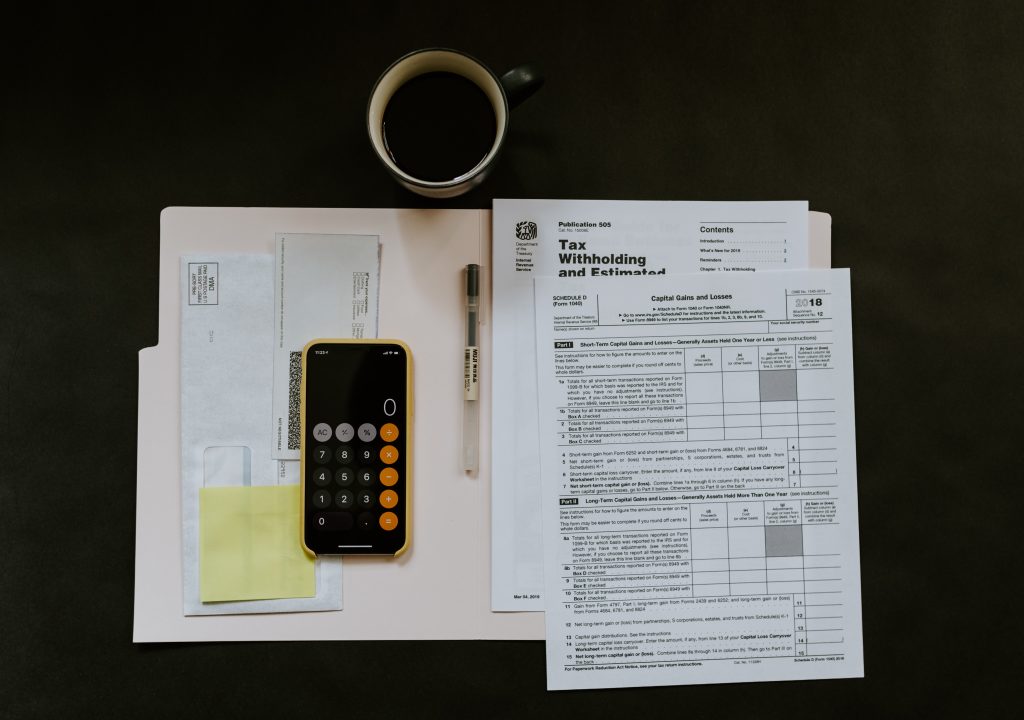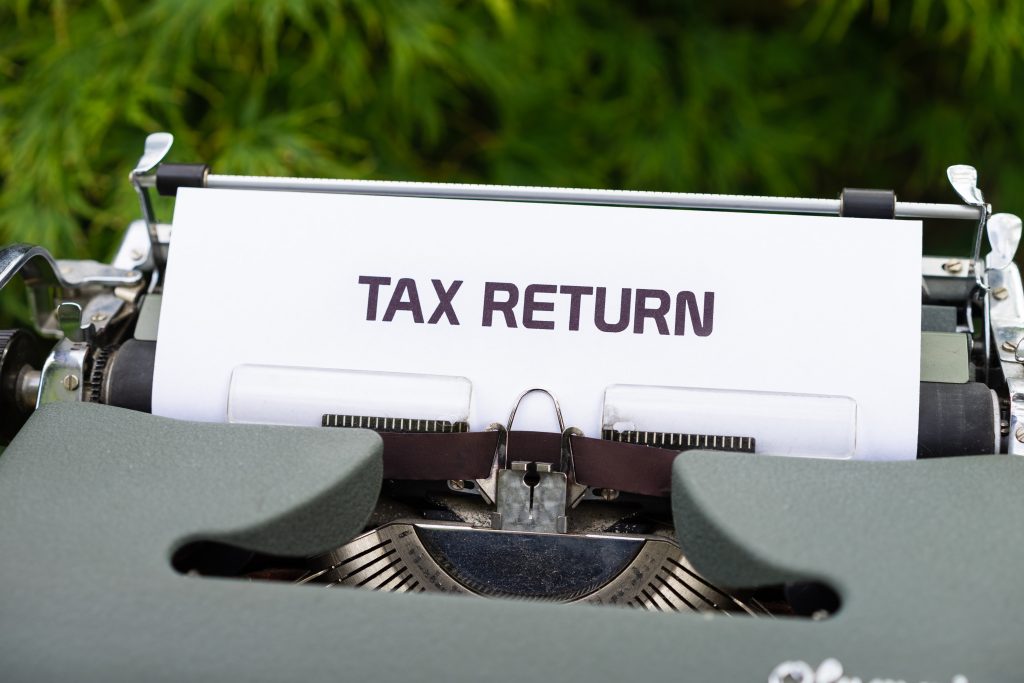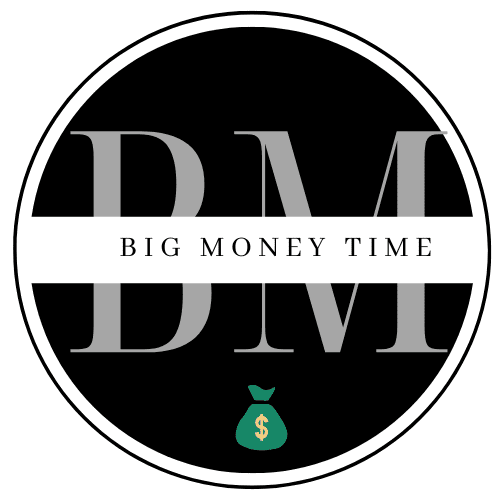How A Return-Free Tax Filing System Could Simplify Your Taxes
The U.S. tax system is notoriously complex. Many taxpayers find the process of filing their taxes to be confusing and time-consuming. A proposed solution to this problem is a “return-free” tax filing system, one that simplifies the tax process, saves time and money, and improves accuracy.

A “return-free” tax filing system is simple, as 95% of Americans receive information returns with their exact income information required for tax filing. Over 30 countries, including Sweden, Denmark, Spain, and the UK, allow return-free filing. The US tax system is ten times costlier than other strong economies.
However, a return-free system would eliminate these costs and save the 2.6 billion hours spent annually on tax preparation.
President Regan pledged a “return-free” tax system in 1985, where simple returns would automatically get refunds or tax-due letters. Austan Goolsbee, President Obama’s economist in 2006, suggested a “simple return.” This would save taxpayers over $2 billion a year in tax prep fees.
Neither of these plans was adopted.
Congress mandated the IRS to provide free tax preparation for low-income taxpayers, resulting in “Free File” in 2002. Taxpayers are directed to commercial tax-preparation websites through the public component of Free File, while private partners employ computer code to conceal the free websites and instead guide them to a paid site.

As a result, only 3% of Americans receive free tax preparation, with 35% paying for tax preparations and 60% never visiting the free websites.
One argument is taxpayers may miss out on tax savings. However, government software uses the same laws as paid preparers and provides access to credits/deductions. Government-prepared returns don’t encourage tax evasion. Taxpayers already receive the same forms as the government and know what information the government has about their income.
Furthermore, there is the argument that making tax preparation fuels anti-tax sentiment. Unfortunately, tax preparation companies lobby to keep it complicated and costly. Some even fight against simple and free government tax-filling options. This benefits their billion-dollar industry and hurts low-income people who miss out on government support.
